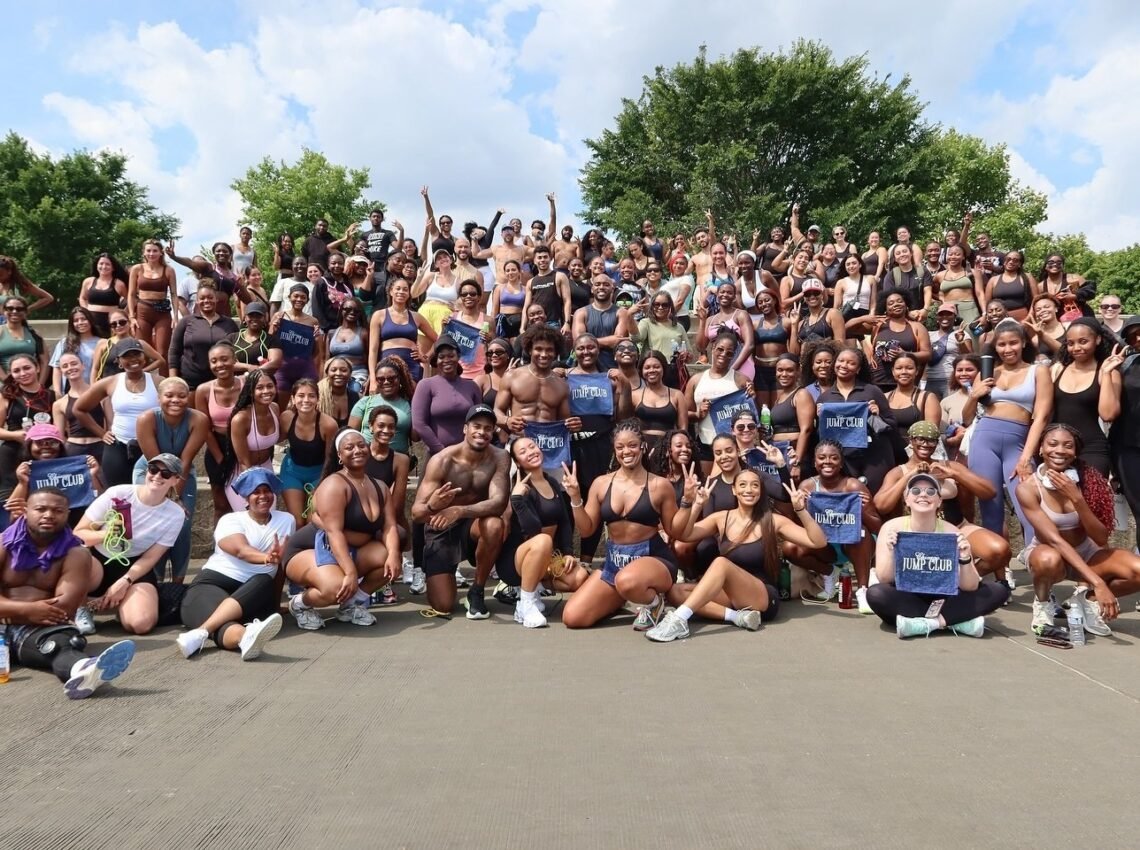Beyond Sleep: Unveiling the 7 Types of Rest for Burnout Recovery & Prevention

Burnout – it’s a word whispered in hushed tones in corporate hallways and a battle cry echoed by overwhelmed parents. Defined by the World Health Organization (WHO) as a state of “chronic stress leading to exhaustion, cynicism, and reduced professional efficacy”, burnout has become a pervasive issue in our fast-paced, hyperconnected world.
The descent into burnout often happens gradually, but the signs are undeniable. It starts with emotional exhaustion, a constant feeling of being drained and depleted. This progresses to cynicism, characterized by negativity and detachment from your work. Finally, you experience a reduced sense of accomplishment, questioning your abilities and doubting your value.
But burnout manifests beyond the emotional realm – physical symptoms like headaches, fatigue, and muscle tension become constant companions. Sleep, often seen as the sole antidote to stress, becomes elusive, further perpetuating the vicious cycle.
So is there light at the end of the tunnel? The answer, thankfully, is yes. If and only if, we can stop treating rest as a reward, and rather, a non-negotiable part of everyday life.
While sleep is undoubtedly crucial for recovery, a common misconception is that it’s the only form of rest we need. The truth is far richer. Dr. Shauna Shapiro, a Harvard-trained physician and pioneer in the field of mindful self-care, proposes a more holistic approach – embracing all 7 types of rest.

This framework acknowledges that true rest goes beyond just our physical bodies. It encompasses various aspects of our being, ensuring we recharge and replenish ourselves on multiple levels. The beauty of this framework lies in its practicality.
Here are some ways to integrate these different types of rest into your daily routine:
- Physical Rest: This includes sleep, but also gentle movement (stretching or yoga) and activities that promote deep relaxation like walking in nature or deep breathing.
- Mental Rest: Giving your mind a break from stimulation through meditation, mindfulness exercises, engaging in hobbies that bring you joy or simply spending time in nature.
- Emotional Rest: This means shielding yourself from negativity, practicing saying “no”, and setting healthy boundaries to protect your emotional well-being.
- Spiritual Rest: Connecting with something larger than yourself, whether it’s through religion, spirituality, or a sense of purpose.
- Sensory Rest: Limiting exposure to sensory overload by reducing screen time, avoiding noisy environments, and prioritizing quiet moments.
- Social Rest: Balancing socializing with solitude to avoid overstimulation or feeling drained. Schedule regular “me time” to recharge and avoid feeling overwhelmed, and prioritize quality interactions with loved ones over superficial socializing.
- Creative Rest: Allowing yourself to disengage from purposeful activities and simply “be” without the pressure to create or produce. Take breaks from work and hobbies to simply relax and allow your mind to wander.

Understanding these concepts is a good first step, but true change requires action. Here are some tips to get you started:
- Start small: Choose one type of rest to focus on for a week and gradually incorporate others.
- Track your progress: Log your sleep quality, mood, and energy levels to see how different types of rest impact you.
- Embrace imperfection: Don’t strive for perfection. Consistency is key, so aim for small, sustainable changes.
- Seek support: Seek accountability from a coach or therapist if you’re struggling to manage stress or feel overwhelmed.
The Takeaway
Our culture treats productivity as the measure of your worth. While it’s true that rest makes us more productive, that’s not why it should be a non-negotiable. Rest should be an intentional, daily practice because it makes you happier, healthier, and more creative. Rest matters because you matter. You are not here to “be productive”. You are here to be you. To move through the world with confidence and ease. And to do that, you require rest.
If you’re burnt out, exhausted and constantly overwhelmed from a never-ending to-do list, I’ve got you. My name is Katie and I help women reclaim their energy and ease through nervous system regulation.
From learning the importance of saying no, to practically zero-effort meals, to simplifying your daily routine, my 3-month Burnout to Balance Program is packed with science-backed strategies guaranteed to help you rediscover your energy, joy, and ease.
An exclusive discount for Queens at Work readers is available with code QUEENS.










